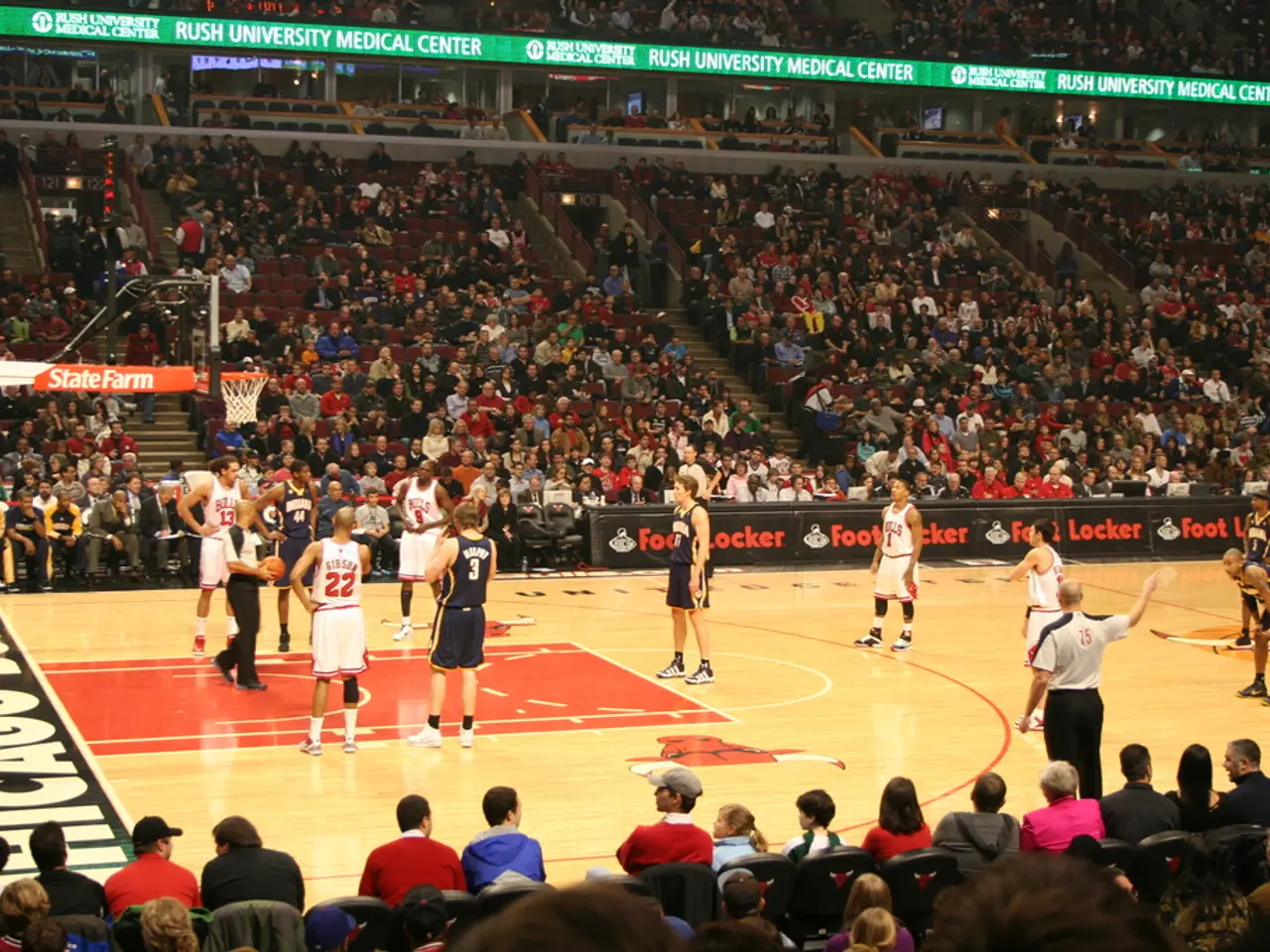Strategies for Visualizing Victory to Increase Your Chances of Succeeding
Mental rehearsal, also known as visualization or mental imagery, is a technique used across various fields to aid in performance. This practice offers a valuable tool for personal and professional growth, reducing stress and anxiety, and cultivating resilience in the face of challenges.
The Neurological Mechanisms of Mental Rehearsal
At a neurological level, mental rehearsal repeatedly activates brain circuits associated with the behavior or outcome being imagined. This repetition reinforces new predictive models that help override limiting beliefs and improve performance readiness. Visualization is more than just imagining outcomes; it embodies sensory, emotional, and cognitive elements that progressively rewire the brain for the intended behavior or skill.
Applications in the Real World
Mental rehearsal has a variety of applications in the real world, including rehabilitation and physical therapy, leadership and management, skill development, social interactions, goal setting, and personal development. It can help individuals in high-pressure professions manage stressful and demanding situations, enhancing their decision-making and performance under pressure.
Techniques for Effective Mental Rehearsal
Techniques for effective mental rehearsal include visualization, positive self-talk, multi-sensory engagement, incorporating emotions, repetition, and consistency. Difficulty visualizing can be improved by utilizing sensory cues and prompts and practicing regularly.
Mental Rehearsal in Sports and Performance
In sports and performance domains, repeated mental rehearsal builds focus, motivation, and self-confidence, which are essential for sustained effort and peak performance. The process helps performers manage stress and anxiety, facilitating optimal psychological and physiological states before and during performance.
Mental Rehearsal in Health and Behavior Change
In health and behavior change, visualization enhances motivation, reduces stress, and promotes habit formation by strengthening the neural pathways linked to healthy behaviors. This makes positive behaviors more automatic and sustainable in the long run.
Mental Rehearsal in High-Stakes Fields
In high-stakes fields like law enforcement, mental rehearsal—including post-event reflection—improves decision-making, emotional regulation, and adaptive learning. Officers who mentally rehearse scenarios both before and after training develop greater cognitive flexibility and stress resilience, leading to better on-the-spot judgments.
The Key Mechanisms Explaining the Impact of Mental Rehearsal
- Neuroplasticity: Visualization strengthens relevant neural pathways, making intended behaviors easier to perform in reality.
- Emotional and cognitive alignment: Mental rehearsal creates a sense of safety and familiarity around new performance patterns, supporting integration into actual behavior.
- Stress regulation: Reduction of anxiety via mental rehearsal allows optimal focus and performance states.
- Motivation and confidence: Seeing oneself succeed mentally boosts drive and self-belief to persist and improve.
- Adaptive learning: Mental replays and scenario branching encourage error correction and sophisticated decision-making, especially in complex or stressful situations.
The Future of Mental Rehearsal
In the coming years, we can anticipate a deeper exploration of virtual reality-based mental rehearsal, personalized visualization strategies, and the amalgamation of mental imagery with emerging technologies to enhance its effectiveness.
The Benefits of Mental Rehearsal
Benefits of mental rehearsal include overcoming fears and doubts, gaining a deeper understanding of tasks, identifying and overcoming potential roadblocks, and boosting confidence and motivation. Mental rehearsal can be beneficial in various professions, such as music performance, sales, creative problem-solving, language learning, and performing under pressure.
Incorporating Mental Rehearsal into Your Life
Whether you are an athlete, a professional, or an individual seeking personal growth, mental rehearsal can help you realize your aspirations and unlock new levels of performance and well-being. By incorporating mental rehearsal into your daily life, you can tap into the transformative potential of mental imagery and experience the profound impact it can have on shaping your future success and fulfillment.
- Mental rehearsal operates by influencing the brain's neuroplasticity, strengthening relevant neural pathways linked to the intended behavior, promoting personal development.
- Effective mental rehearsal techniques involve problem-solving strategies like visualization, positive self-talk, multi-sensory engagement, and repetition, contributing to better goal setting and self-confidence.
- By resolving conflicts within ourselves during mental rehearsal, we build resilience and overcome limiting beliefs, thus increasing our performance readiness and mental-health wellness.
- Public speaking can be improved through mental rehearsal, where visualization and emotional alignment help reduce anxiety and foster confidence, enhancing our science-based understanding of effective communication.
- In the health and wellness domain, mental rehearsal can be a powerful tool for creating positive behavior changes, reducing stress, and boosting motivation, thereby supporting our overall personal development and well-being.




